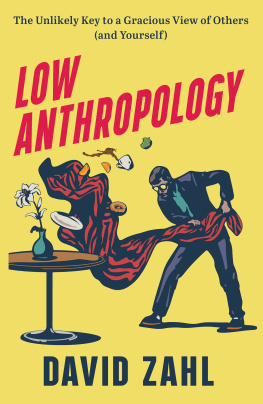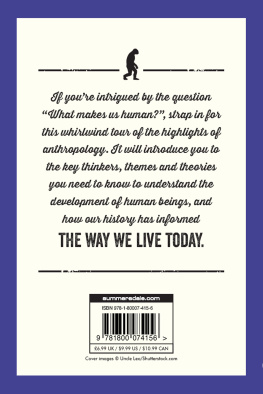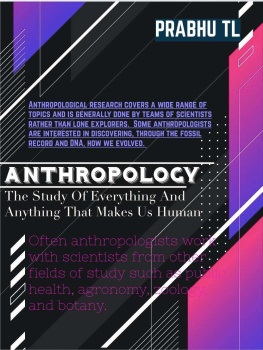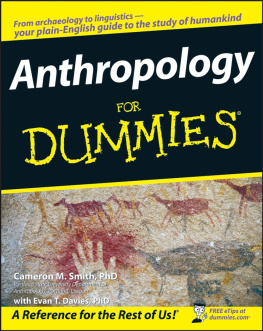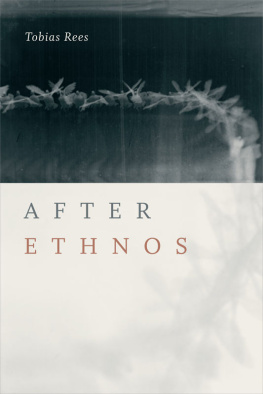David Zahl - Low Anthropology: The Unlikely Key to a Gracious View of Others (and Yourself)
Here you can read online David Zahl - Low Anthropology: The Unlikely Key to a Gracious View of Others (and Yourself) full text of the book (entire story) in english for free. Download pdf and epub, get meaning, cover and reviews about this ebook. year: 2022, publisher: Baker Publishing Group, genre: Romance novel. Description of the work, (preface) as well as reviews are available. Best literature library LitArk.com created for fans of good reading and offers a wide selection of genres:
Romance novel
Science fiction
Adventure
Detective
Science
History
Home and family
Prose
Art
Politics
Computer
Non-fiction
Religion
Business
Children
Humor
Choose a favorite category and find really read worthwhile books. Enjoy immersion in the world of imagination, feel the emotions of the characters or learn something new for yourself, make an fascinating discovery.
- Book:Low Anthropology: The Unlikely Key to a Gracious View of Others (and Yourself)
- Author:
- Publisher:Baker Publishing Group
- Genre:
- Year:2022
- Rating:3 / 5
- Favourites:Add to favourites
- Your mark:
Low Anthropology: The Unlikely Key to a Gracious View of Others (and Yourself): summary, description and annotation
We offer to read an annotation, description, summary or preface (depends on what the author of the book "Low Anthropology: The Unlikely Key to a Gracious View of Others (and Yourself)" wrote himself). If you haven't found the necessary information about the book — write in the comments, we will try to find it.
In Low Anthropology, popular author and pastor David Zahl explores how our ideas about human nature influence our expectations in friendship, work, marriage, and politics. We all go through life with an anthropology--ideas about what human beings are like, our potentials and our limitations. A high anthropology can breed perfectionism, anxiety, burnout, loneliness, and resentment. Meanwhile, Zahl invites readers into a biblically rooted and life-giving low anthropology, which fosters hope, deep connection with others, lasting love, vulnerability, compassion, and happiness.
Zahl offers a liberating view of human nature, sin, and grace, showing why the good news of Christianity is both urgent and appealing. By embracing a more accurate view of human beings, readers will discover a lasting hope for others--and themselves.
David Zahl: author's other books
Who wrote Low Anthropology: The Unlikely Key to a Gracious View of Others (and Yourself)? Find out the surname, the name of the author of the book and a list of all author's works by series.

